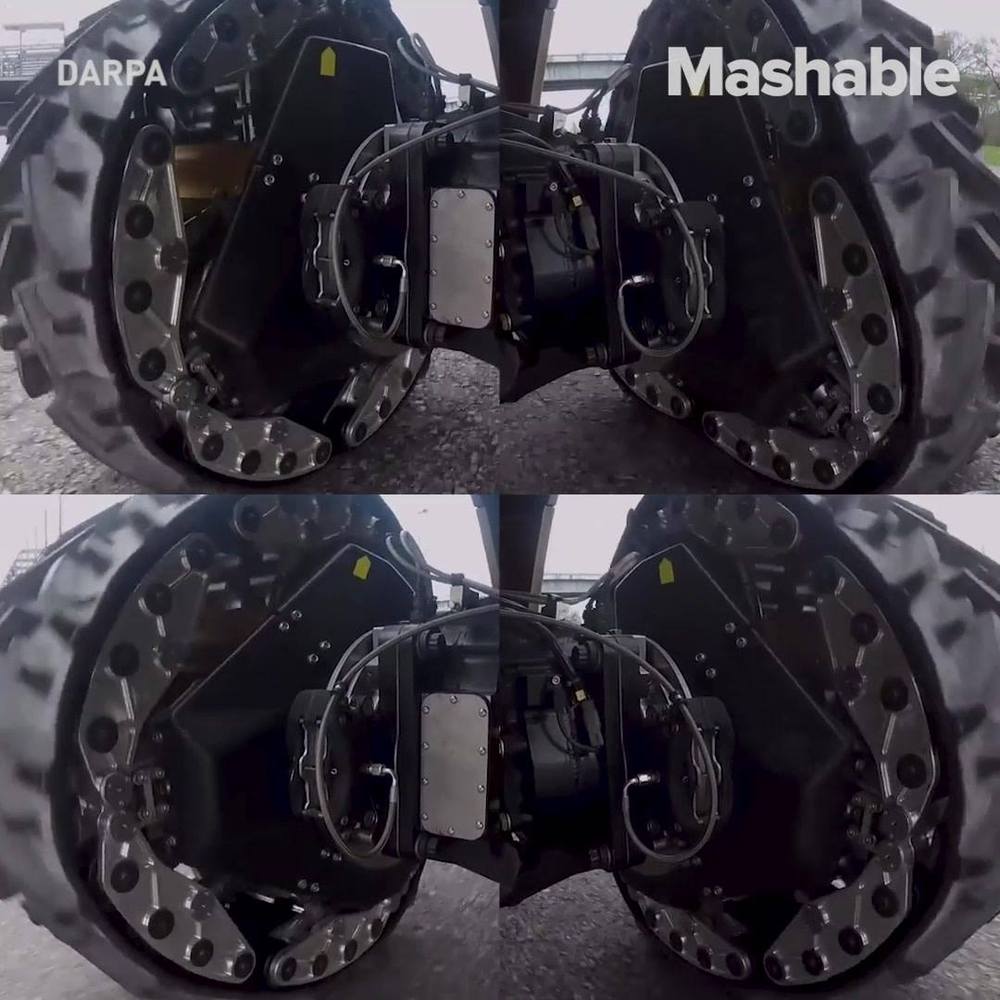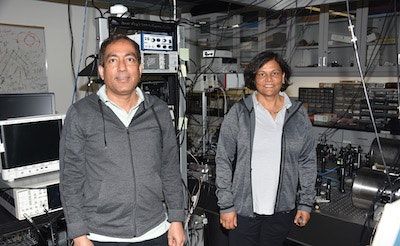Nov 20, 2019
Single $10bln Pentagon Contract Must Be Broken Up Between Multiple Recipients
Posted by Saúl Morales Rodriguéz in categories: computing, military
US Defence Secretary Mark Esper on Friday ruled out allegations of unfair competition in the awarding of a US$10-billion cloud computing contract to Microsoft.
“I am confident it was conducted freely and fairly, without any type of outside influence,” Esper told a news conference in Seoul, South Korea.
Formally called the Joint Enterprise Defence Infrastructure, or JEDI, the contract was awarded to Microsoft on 25 October, and the lucrative deal could span 10 years.

















